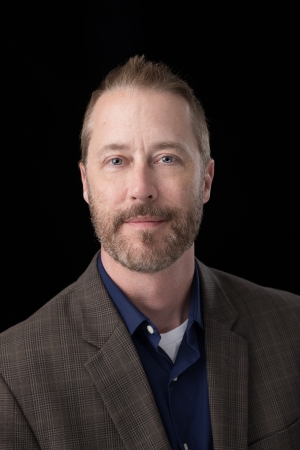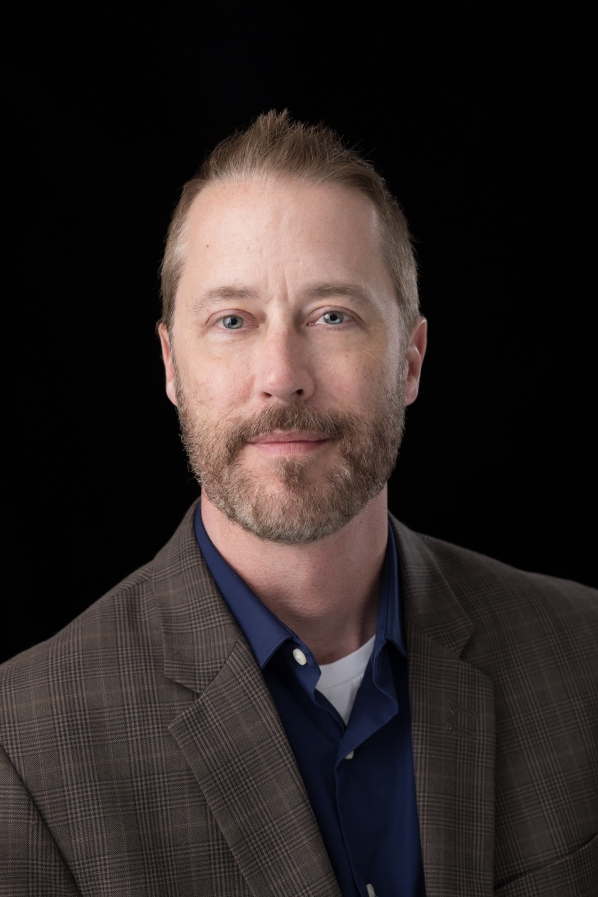Dr. Mark Schwarze, assistant professor in the Department of Human Development and Psychological Counseling in the Reich College of Education (RCOE) begins his presidency of the North Carolina Counseling Association (NCCA) on July 1, 2019.
“I am proud to serve as the President of NCCA for the coming year,” said Schwarze. “NCCA is an excellent organization that advocates for counseling services for those that need and want them, as well as the counselors that provide those services.”
NCCA is the largest and longest-running counseling association in North Carolina that represents a diverse group of counseling professionals from multiple disciplines and interest areas to include mental health, school, career, and addiction counseling, as well as educators who train counselors.
“One of my goals as president is to contribute to the work already being done to make sure that underserved and marginalized populations have good access to counseling,” continued Schwarze. “I also want to assist counselors to have access to training that makes them effective and competent.”
“One of my goals as president is to contribute to the work already being done to make sure that underserved and marginalized populations have good access to counseling,” continued Schwarze. “I also want to assist counselors to have access to training that makes them effective and competent.”
“Dr. Schwarze’s personal involvement and dedication to counseling has been quite notable,” said Executive Administrator of the North Carolina Counseling Association, Calvin M. Kirven. “He has taken the association to a higher level and instilled meaningful participation and guidance within the association leadership.”
Schwarze serves as the director of the Clinical Mental Health Counseling (CMHC) program in the RCOE at Appalachian State University, as well as coordinates the Addiction Counseling Certificate housed in the CMHC Program. He earned his Ph.D. in Counselor Education and Supervision from North Carolina State University and a master’s degree in Service Agency Counseling from the University of North Carolina at Pembroke. He is a Licensed Professional Counselor Supervisor, Nationally Certified Counselor, Licensed Clinical Addiction Specialist, and Certified Clinical Supervisor. His research interests include mindfulness interventions in counseling, addictions therapy improvement, and counselor education program development. He lives in Boone, North Carolina, with his wife Chasity, son River, and their dog Lily.
About the NCCA
The fundamental purposes of the NCCA are to provide a united organization through which all persons engaged or interested in any phase of the counseling profession can exchange ideas, seek solutions to common problems, and stimulate their professional growth. Additionally, NCCA promotes professional standards and advocacy for the counseling profession at the state and national level, encourages scientific research and creative activity in the field of counseling, and is an effective voice for professional counseling by disseminating information on, and promoting legislation affecting counseling. NCCA is the official state affiliate of the American Counseling Association and supports 16 divisions of specialty counseling areas.
Additionally, NCCA supports the creation and distribution of the North Carolina Counseling Journal. This peer-reviewed journal is committed to publishing conceptual and empirical work that promotes counseling in North Carolina and represents diversity in authorship. The journal is committed to being inclusive and encourages submissions from students, practitioners, and new and tenured professionals alike.
About the Clinical Mental Health Counseling Program
The CMHC program is designed to prepare counselors and other helping professionals to work in a wide variety of human service agencies, including mental health centers, social service agencies, employment and rehabilitation centers, and business and industry employee assistance programs. Students can choose from the following concentrations:

